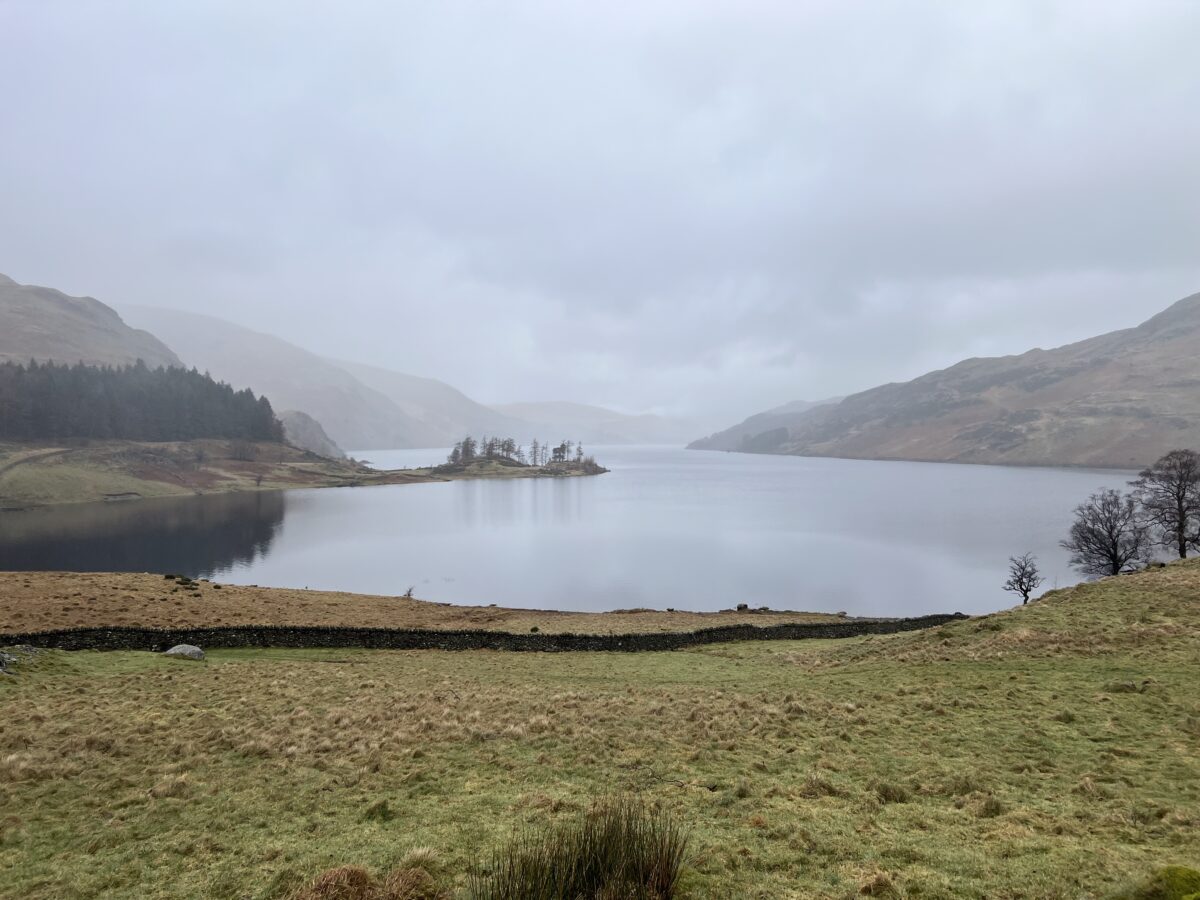Shifting baseline syndrome is a term heard regularly in ecology and conservation circles. But what is it and why does it matter?

Shifting baseline syndrome with regard to nature is the gradual shifting of the accepted norm when it comes to the condition of natural places. We notice changes occurring in our lifetimes and take the status from when we were young to be the best condition. We cannot go back and see the conditions as they were when our parents and grandparents were young. This is the same for older generations who cannot see times before when they were young.
Our ‘baseline’ is how we saw nature when we were younger. Over generations, the baseline shifts. This is a problem when ecologists, conservationists and environmentalists gradually accept the deterioration of the natural world. This can have a profound impact on wildlife and conservation efforts.
Shifting Baseline Syndrome
The term shifting baseline syndrome was first coined by marine biologist doctor Daniel Pauly in 1995. Since 1960 the human population on the planet has risen from 3 billion to 8 billion and is still growing. We have lost 44 million farmland birds in the UK alone during this same period. The deafening sound of the birds singing and the insects in the meadow is a distant memory. Our younger students naturally don’t remember this and think that wildlife levels now are normal. Their baseline is different from our older students. Only when you go to countries with virgin habitats, such as parts of Russia, Romania, Poland, Sweden, etc., can you see what wildlife and functioning ecosystems should be like.
Governments talk about things like 2030 targets to protect at least 30% of land and sea, halt and reverse biodiversity loss and reduce pollution. Biodiversity Net Gain is coming in at the end of 2023 in England. It aims for a 10% net gain on developments and infrastructure projects. Considering the shocking losses over the last 20 years, shouldn’t we be talking about 70% or even 90% net gain to get us anywhere near what our great-grandparents knew as normal and functioning ecosystems and rich biodiversity?
Examples of Shifting Baseline Syndrome
When it comes to wildlife, shifting baseline syndrome manifests in the slow erosion of our awareness and understanding of what once thrived in the natural world. As each generation grows up with a “new normal” that deviates further from historical environmental conditions, they become disconnected from the past, unaware of the significant environmental changes that have occurred. They have not witnessed it for themselves.
More examples of shifting baseline syndrome:
- Bugs on your bumper – splatted insects on your car when you drive along is now a rarity but 50 years ago cars were covered in insects.
- Lapwings and curlews – used to live in the uplands such as Dartmoor in Devon but are now gone.
- Startling flocks – vast flocks of starlings were regularly seen over cities 50 years ago, now you are lucky to see a handful of them in a flock.
One striking example is the depletion of marine life due to overfishing. Yet, older generations may recall when oceans were abundant with diverse and thriving fish populations. They might have witnessed schools of fish so vast and dense that it seemed as if the marine ecosystems were infinite and inexhaustible. However, over the years, the impacts of overfishing have taken a toll on marine life, leading to a massive decline in fish populations and the degradation of entire ecosystems.
Can we do anything about it?
While the decline of marine life is evident to those, who have witnessed the changes over time, younger generations who have grown up with depleted oceans as their baseline may perceive the current state as normal. They may never have had the opportunity to witness the once-teeming marine environments that were brimming with life. Consequently, their perception of what constitutes a healthy marine ecosystem becomes distorted, making it more challenging to understand the urgency of implementing conservation measures and reversing the damage caused by overfishing.
So this shifting baseline is a significant obstacle to effective wildlife conservation. It alters our perception of what constitutes a healthy and thriving environment, blurring our understanding of the scale of ecological changes over time. Therefore, it is crucial to raise awareness about historical baselines and the significant losses that have occurred. By recognising and acknowledging the true extent of ecological decline, we can work towards restoring and preserving ecosystems more effectively for future generations.
Did you know?
Ecology Training UK is the largest provider of ecology and conservation courses in the UK.
Why not check out our courses on https://ecologytraining.co.uk/courses/
If you found this article interesting you might be interested in our Rewilding, Habitat Restoration or River Restoration courses.
Contact us for any help or information about courses and what might be suitable for your career aspirations. Email [email protected].



